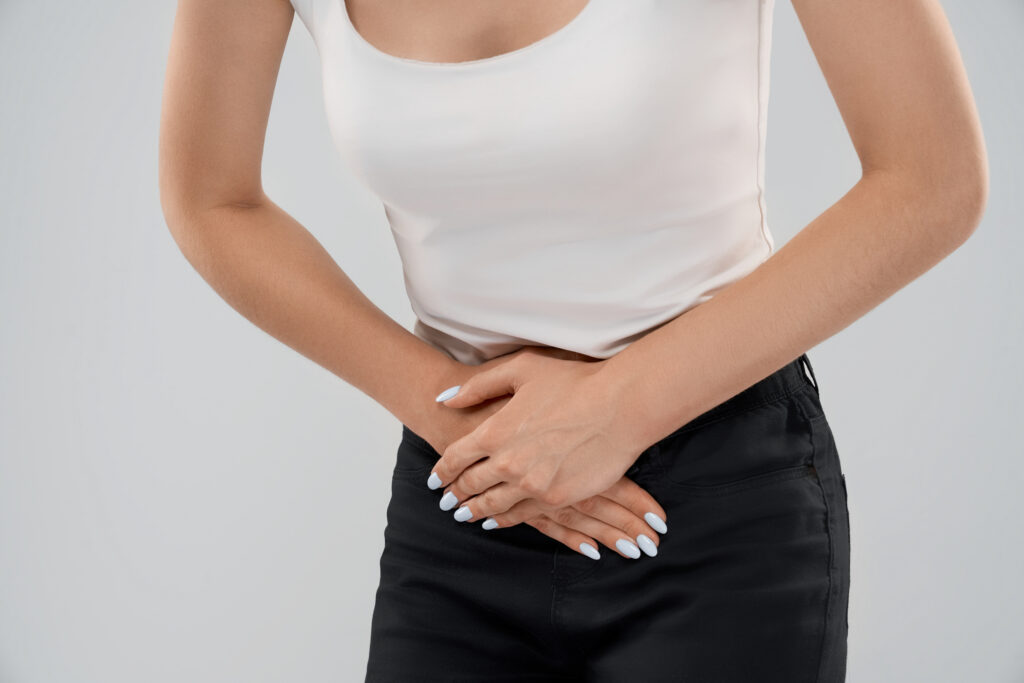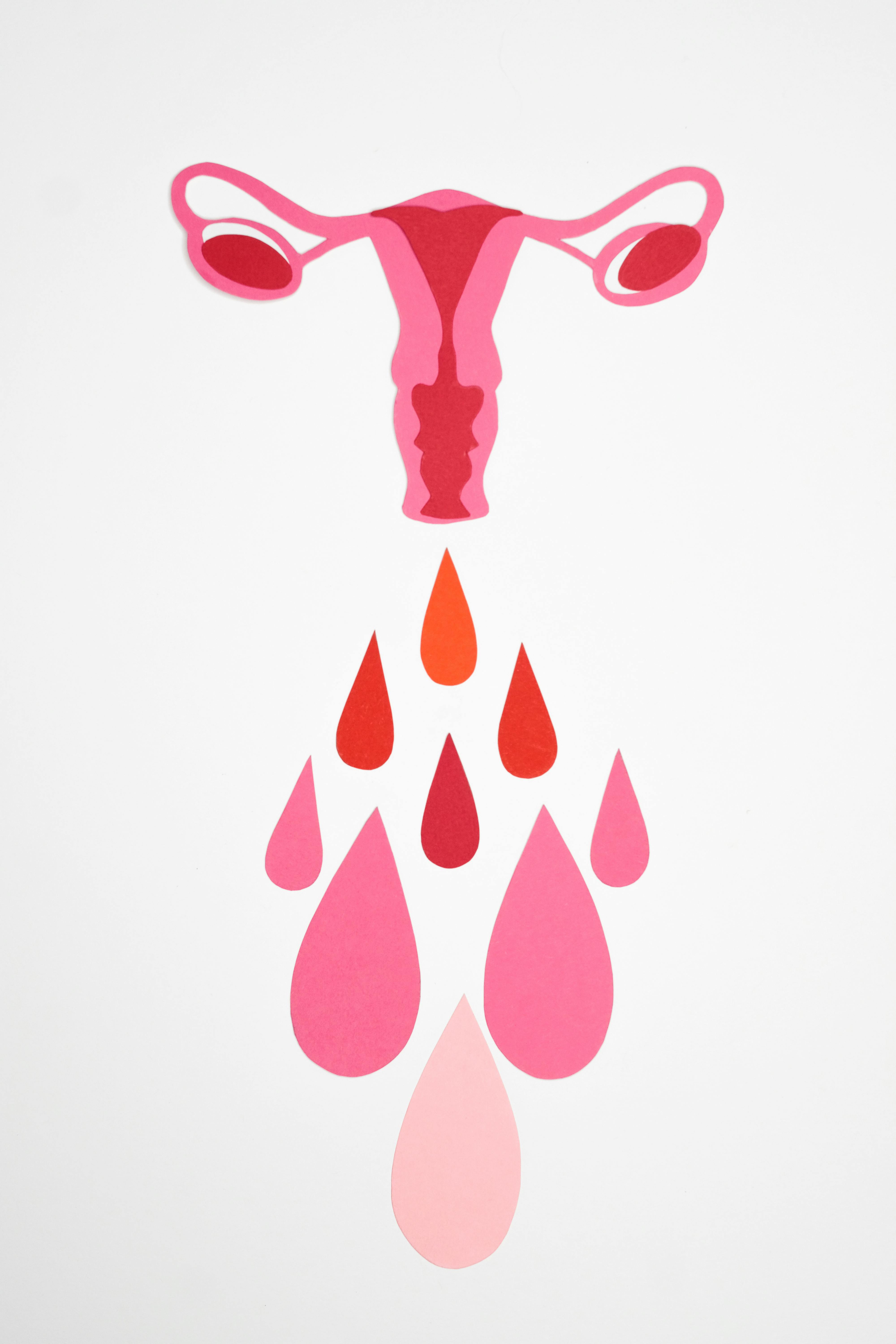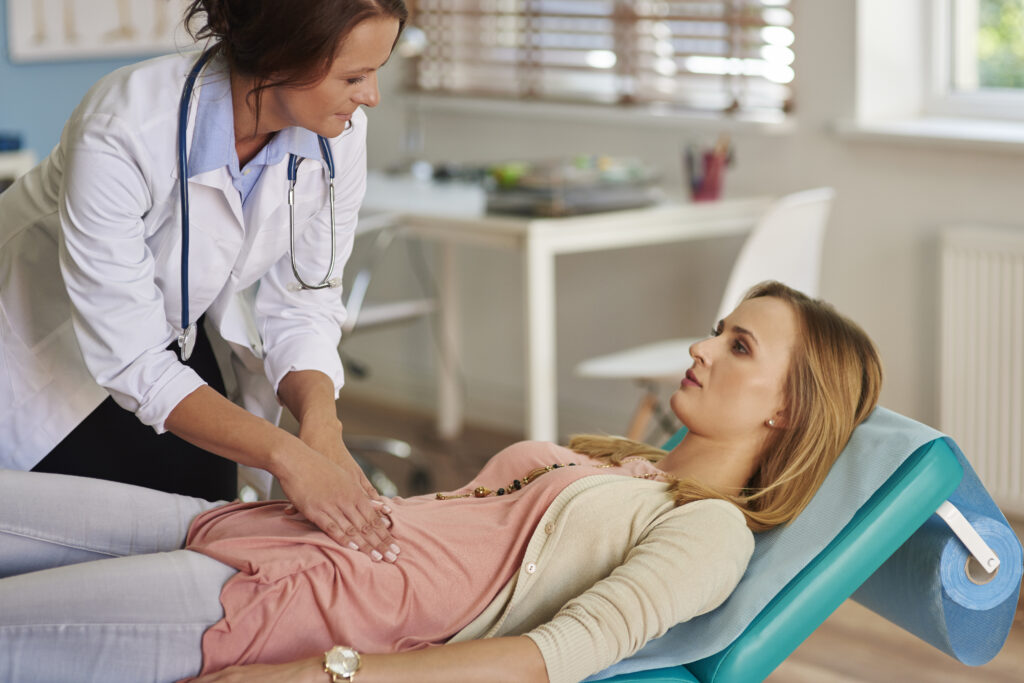Introduction

Polycystic Ovarian Syndrome (PCOS) is a most common endocrinological disorder in child bearing age group of females.
Its complex hormonal disorder affecting millions of women worldwide.
It is characterized by various symptoms such as irregular menstrual cycles, excess hair growth, acne, and in some cases, difficulty conceiving.
Lifestyle modifications including diet changes can help manage its symptoms effectively.
But usually Delay in diagnosis leads to the progression of disease and making it more difficult to implement lifestyle intervention.
Multiple other disease can accompany POLYCYSTIC OVARIAN SYNDROME like infertility, metabolic syndrome, obesity, impaired glucose tolerance and type 2 diabetes mellitus (DM-2), cardiovascular risk, depression, obstructive sleep apnea (OSA), endometrial cancer etc, so prompt diagnosis is needed.
So lets understand PCOS
What causes PCOS?
PCOS is a multifactorial disease.
Several susceptible genes have been identified which contributes to the pathophysiology of the disease.
These genes are involved in various levels of steroid hormone formations and for male hormones (androgens) formation.
Other environmental factors include obesity and insulin resistance.
PCOS is a hyperandrogenic state that means male hormonal levels are more with oligo-anovulation means you will be having less or no ovulation.
PCOS occurs when a your hormones are out of balance, specifically involving levels of insulin, androgens (male hormones), and progesterone.
Insulin resistance is a common underlying factor, leading to high levels of insulin which in turn stimulate excess androgen production by the ovaries and leading to a repetitive cycle.
It is a diagnosis of exclusion, and disorders that may feel like PCOS must be excluded.
These include thyroid disease, hyperprolactinemia, and non-classical congenital adrenal hyperplasia
Symptoms of PCOS:
You may get one or few of the following symptoms
Irregular menstrual cycles-
Your menstrual cycle becomes irregular and may be associated with excess bleeding or cramps in lower abdomen. it can lead to lower hemoglobin and anemia, you can also see https://wellhealthdaily.com/hello-world/

Excess hair growth (hirsutism)
you may grow excess hairs on the face like male bread or have excess hairs on limbs and chest, male pattern baldness can occur few people
Acne[pimples]
it occurs due to excessive male hormones and usually it is resistant to treatment.
Weight gain or difficulty losing it.
Hair thinning or hair loss on the scalp can happen, hairs becomes fragile and easily fall.
Darkening of the your skin
It can happen , especially along neck creases, in the groin, and underneath breasts (acanthosis nigricans) because of the same hormonal imbalance.
How it will be diagnosed?
Your doctor may get an ultra sound done to see for the ovaries and blood investigation which includes hemoglobin, blood sugar levels, thyroid profile and prolactin level and androgen estimation .

There should be two out of three criteria:
1.chronic anovulation,
2.clinical or biological hyperandrogenism, [excess levels of male hormones]
3.polycystic ovaries morphology that means your ovary should have at least 12 follicles measuring 2 mm to 9 mm in the whole ovary or increased ovarian size more than 10 ml.
Treatment options
Lifestyle Modification
Its first and best option for you.
If you are obese with PCOS then , exercise and calorie-restrictive diets are the best first-line interventions for weight loss and for improved glucose tolerance.

Different studies have shown that hirsutism can improve as well as regulation of the menstrual cycle and ovulation can happen with life style modification.
Drugs
Hormonal Contraceptive
It’s a First-line treatment for menstrual abnormalities, hirsutism, and either oral contraceptive, patch, or vaginal rings can be given to you.
The progestin component decreases LH levels, indirectly decreasing ovarian androgen production and leads to resolution of symptoms to some extent.
Metformin
Metformin is also second-line therapy for menstrual irregularities if you have contraindication for hormonal contraceptive.
It helps you to restore normal menses, weight loss, and reduce insulin resistance. You can also go through https://www.ncbi.nlm.nih.gov/books/NBK459251/ for more reading.
Infertility Treatment
First-line therapy for infertility in PCOS is clomiphene citrate. This is a selective estrogen receptor modulator (SERM).
Clomiphene enhances fertility and ovulation, especially by its effect on the hypothalamus.
Cosmetic interventions
Its done when medications start working.
These can be bleaching and temporary hair removal methods, using electrolysis for localized areas on your body and with the experienced operator, using laser hair removal for generalized hirsutism.
Can PCOS get cured?
PCOS is a challenging condition that requires a multifaceted approach to management.
While there’s no cure, adopting a healthy lifestyle, including a balanced diet, regular exercise, and stress management techniques, can help alleviate symptoms and improve overall quality of life with PCOS.
